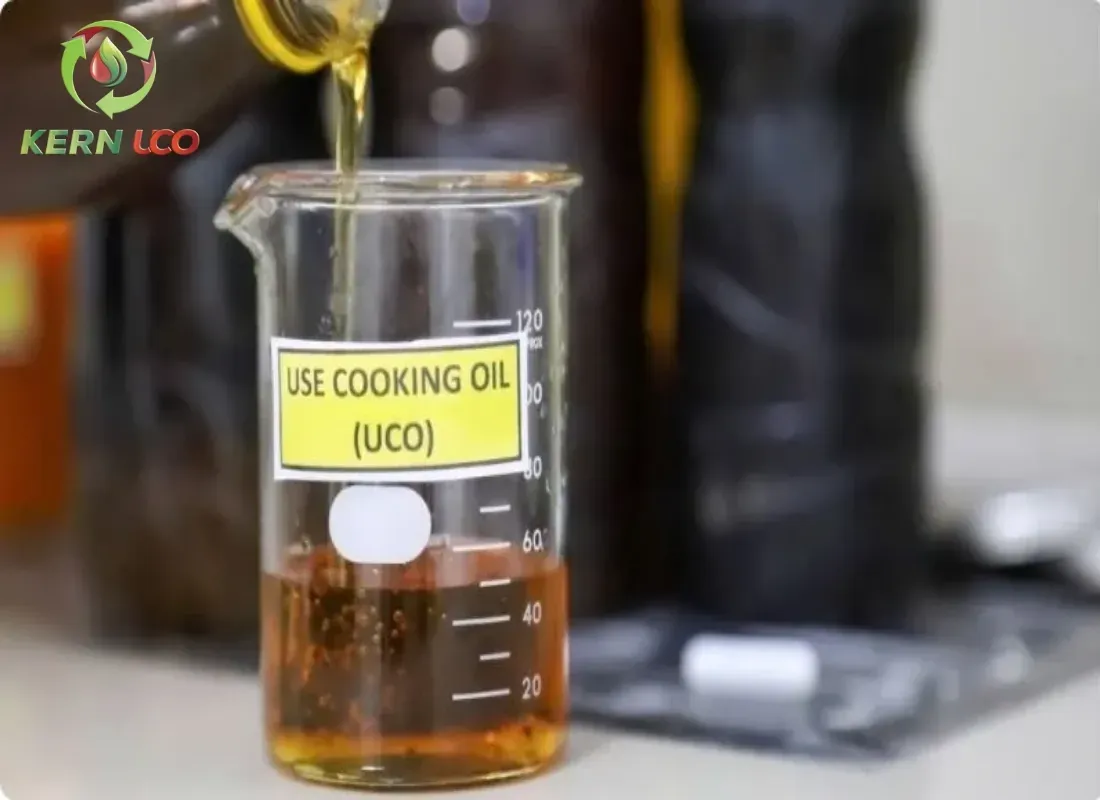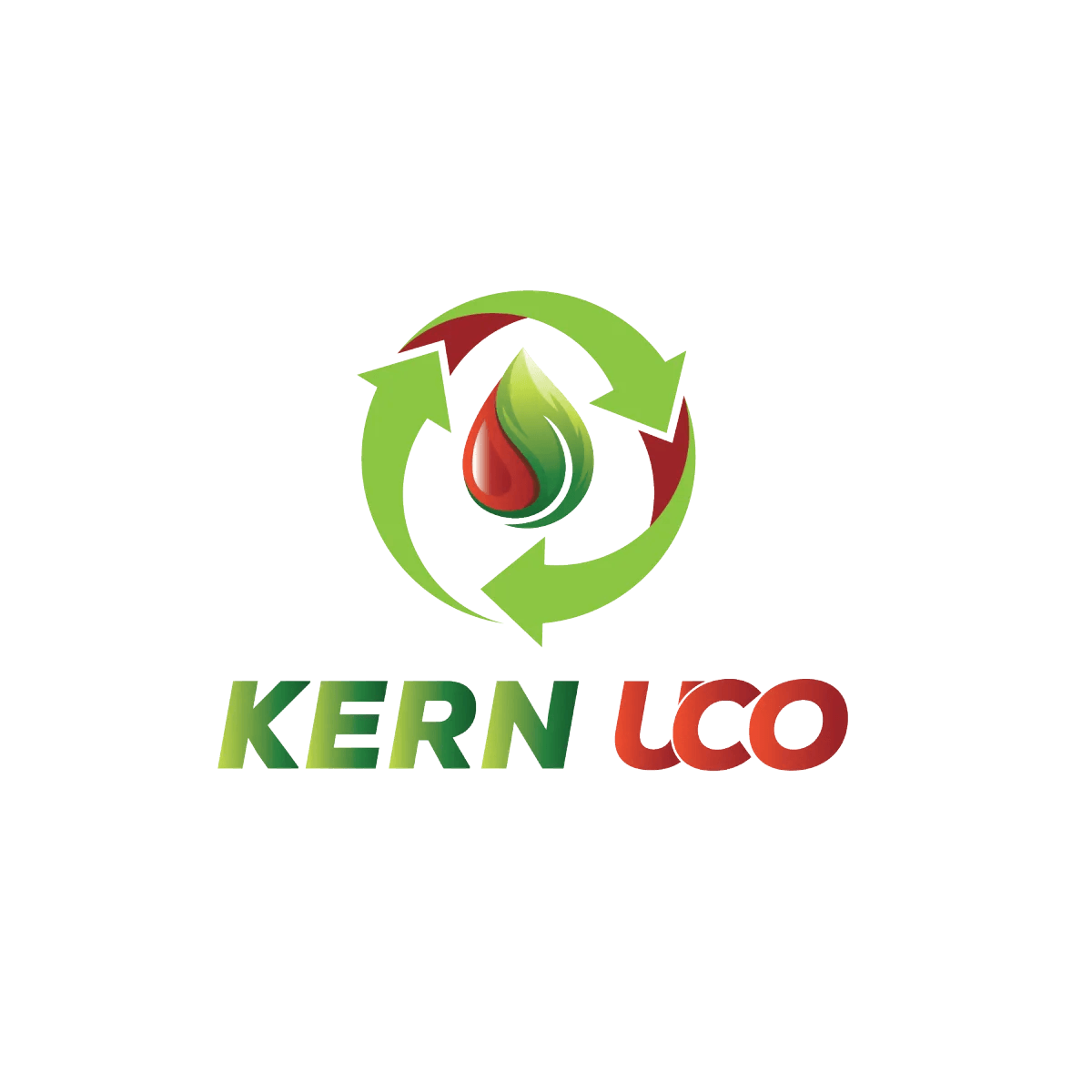
Why Used Cooking Oil Recycling Matters for Restaurants in Kern County
Table of Contents
The Hidden Problem Behind Used Cooking Oil
What Exactly Is Used Cooking Oil (UCO)?
Environmental Impact: Why UCO Recycling Is Non-Negotiable
How Used Cooking Oil Recycling Works
The Business Case: Why Restaurants in Kern County Should Care
Legal Requirements & Sustainability Standards
Partnering with Certified UCO Recyclers in Kern County
The Circular Economy: Turning Waste Into Value
Common Mistakes Restaurants Make with Oil Disposal
Future of Used Cooking Oil Recycling in California
Final Thoughts: Building a Greener, Profitable Kitchen
The Hidden Problem Behind Used Cooking Oil
Every day, thousands of restaurants across Kern County serve up meals fried to golden perfection. But behind the sizzle and aroma lies an often-overlooked issue used cooking oil waste.
When disposed of improperly, this oil can clog drains, damage municipal wastewater systems, attract pests, and harm local ecosystems. Many business owners don’t realize that used cooking oil recycling isn’t just about compliance; it’s about sustainability, profitability, and community responsibility.
As California continues to push for greener business practices, restaurants that adopt eco-friendly oil management systems stand out not only as responsible businesses but also as local leaders driving the circular economy.
At Kern UCO, we believe recycling used cooking oil is more than a routine task it’s a smart business move that contributes to a cleaner, more sustainable Kern County.
What Exactly Is Used Cooking Oil (UCO)?
Used Cooking Oil (UCO) refers to the residual oil or fat generated from frying, baking, or food preparation. This includes vegetable oils, canola oil, palm oil, and even animal fats used in deep fryers or grills.
Over time, these oils degrade and become unsuitable for cooking but that doesn’t mean they lose their value. When collected and processed correctly, UCO recycling transforms this waste into renewable energy sources like biodiesel, animal feed additives, and industrial lubricants.
It’s a perfect example of turning a kitchen byproduct into a resource that fuels sustainability.

Environmental Impact: Why UCO Recycling Is Non-Negotiable
Pouring used cooking oil down the drain may seem harmless, but the environmental damage is enormous.
1. Water Pollution
A single gallon of oil can contaminate up to one million gallons of water. When oil enters the sewage system, it solidifies, causing blockages that lead to flooding and costly infrastructure repairs.
2. Greenhouse Gas Emissions
Improperly disposed cooking oil contributes to methane emissions during decomposition. Recycling, on the other hand, reduces the carbon footprint by converting oil into clean-burning biodiesel.
3. Soil Contamination
Dumped oil suffocates soil microorganisms and prevents plant growth. Over time, this leads to long-term ecological harm and loss of biodiversity.
4. Waste Reduction
By recycling UCO, restaurants help reduce waste sent to landfills, lowering both disposal costs and environmental impact.
In short, used cooking oil recycling isn’t just a good idea it’s a critical environmental responsibility.
How Used Cooking Oil Recycling Works
Many restaurant owners are surprised to learn that UCO recycling is simple, efficient, and cost-effective.
Here’s how it typically works when partnering with a certified collector in Kern County like KernUCO.com:
Step 1: Collection
Restaurants store used oil in a secure, leak-proof container provided by the recycler. Once filled, a scheduled pickup is arranged.
Step 2: Transportation
Licensed collection trucks transport the oil safely to a certified processing facility. This ensures compliance with state and environmental regulations.
Step 3: Processing & Refinement
At the facility, the oil undergoes filtration and refining to remove food particles, moisture, and impurities. The purified oil is then converted into biofuels or industrial-grade materials.
Step 4: Reuse & Circular Economy
The refined oil is repurposed into biodiesel a renewable fuel that powers trucks, machinery, and even heating systems effectively closing the sustainability loop.
By implementing UCO recycling programs, Kern County restaurants can turn a waste stream into an energy source that benefits both the business and the planet.
The Business Case: Why Restaurants in Kern County Should Care
Beyond environmental benefits, used cooking oil recycling provides tangible financial and operational advantages for restaurants.
1. Cost Savings
Recycling used oil eliminates the expense of hazardous waste disposal. Some recyclers even offer rebates or credits for every gallon collected turning waste into revenue.
2. Equipment Longevity
Proper oil handling prevents grease buildup in plumbing and kitchen systems, reducing maintenance costs and downtime.
3. Compliance & Reputation
Kern County, like much of California, enforces strict waste management standards. Partnering with a recycler ensures compliance while boosting your brand’s sustainability image.
4. Community Goodwill
Customers increasingly favor restaurants that demonstrate environmental responsibility. Recycling oil signals that your restaurant values the community’s future.
5. Supporting Renewable Energy
Every gallon of recycled oil contributes to biodiesel production reducing dependency on fossil fuels and supporting California’s green energy goals.
In essence, oil recycling aligns with what every modern restaurant aims for: sustainability, efficiency, and profitability.
Legal Requirements & Sustainability Standards
California has some of the toughest environmental laws in the U.S., and Kern County is no exception. Restaurants must comply with local and state regulations regarding used cooking oil collection, storage, and disposal.
Improper disposal can lead to:
Fines and legal penalties
Health department violations
Plumbing blockages and environmental hazards
To stay compliant, restaurants should:
Use sealed, labeled containers for oil storage
Partner with licensed UCO recyclers
Maintain pickup records and manifests for audits
Working with reputable partners ensures full compliance and peace of mind.
If you’re not sure where to start, Kern UCO provides expert guidance and scheduled collection services for local restaurants making compliance effortless.
Partnering with Certified UCO Recyclers in Kern County
Not all recyclers are equal. Partnering with a certified and reliable provider is crucial.
At Kern UCO, we prioritize:
Safety: Proper containers and clean handling practices
Reliability: Regular, scheduled pickups to avoid overflow
Sustainability: 100% of collected oil is recycled responsibly
Transparency: Clear documentation for compliance verification
Additionally, we collaborate with regional sustainability partners like NWGrease.com, ensuring that every drop of used oil contributes to California’s renewable energy ecosystem.
Choosing a local recycler isn’t just convenient it’s an investment in Kern County’s green future.
The Circular Economy: Turning Waste Into Value
When restaurants recycle used cooking oil, they become active contributors to the circular economy — a system where waste materials are transformed into valuable resources.
Through UCO recycling, waste oil becomes:
Biodiesel: Clean fuel that reduces emissions by up to 80%.
Animal Feed Additives: After treatment, certain oil residues can enrich livestock feed.
Industrial Lubricants & Soaps: Recycled oil is refined for industrial use, minimizing the need for virgin petroleum.
Every gallon recycled supports the renewable energy market, local jobs, and environmental stability.
For restaurants in Kern County, this means turning kitchen waste into community impact one barrel at a time.
Common Mistakes Restaurants Make with Oil Disposal
Even the most well-intentioned restaurants sometimes make mistakes when handling used cooking oil. Here’s what to avoid:
❌ Pouring Oil Down Drains
This leads to clogs, pipe damage, and contamination of local waterways. It’s also illegal under local ordinances.
❌ Storing Oil Improperly
Leaving oil in open or damaged containers attracts pests and creates fire hazards. Always use sealed, food-grade containers.
❌ Ignoring Pickup Schedules
Overflowing containers are safety hazards and can lead to spillage. Schedule consistent pickups with your recycler.
❌ Using Unlicensed Haulers
Unverified haulers often dump oil illegally, exposing your business to legal risks. Always choose certified recyclers like KernUCO.
Future of Used Cooking Oil Recycling in California
The demand for biodiesel and renewable fuels is skyrocketing across California, creating new opportunities for sustainable waste management.
Here’s what the future looks like for used cooking oil recycling in Kern County:
1. Integration with Smart Tech
IoT-enabled oil containers can monitor fill levels and automatically request pickups, optimizing efficiency.
2. Increased Government Incentives
California’s push toward carbon neutrality may soon reward businesses that recycle oil, offering tax breaks or credits.
3. Stricter Environmental Regulations
Expect tighter laws on waste disposal and stricter penalties for non-compliance. Early adopters will benefit from being ahead of the curve.
4. Expanded Recycling Infrastructure
More processing plants and collection hubs are being developed statewide, creating jobs and local growth opportunities.
5. Education and Awareness
Sustainability awareness campaigns are encouraging more restaurant owners to recycle oil, contributing to community-wide impact.
The future is bright for eco-conscious businesses in Kern County. With the right systems and partnerships, restaurants can lead the charge toward a greener California.
Final Thoughts: Building a Greener, Profitable Kitchen
Used cooking oil recycling isn’t just an environmental checkbox it’s a strategic decision that strengthens your business, community, and bottom line.
For restaurant owners in Kern County, the message is clear:
Every drop of oil recycled is a step toward a cleaner, safer, and more sustainable future.
Whether you operate a family diner or a multi-location franchise, recycling your used cooking oil protects local waterways, supports renewable energy, and enhances your restaurant’s reputation.
Start today with Kern UCO your trusted partner in UCO recycling and sustainability.
And if you’re curious about industry-wide sustainability innovations, explore the latest recycling and waste management insights at NWGrease, a leader in eco-conscious waste solutions.
Together, we can make Kern County a model for responsible restaurant operations and renewable energy success.
